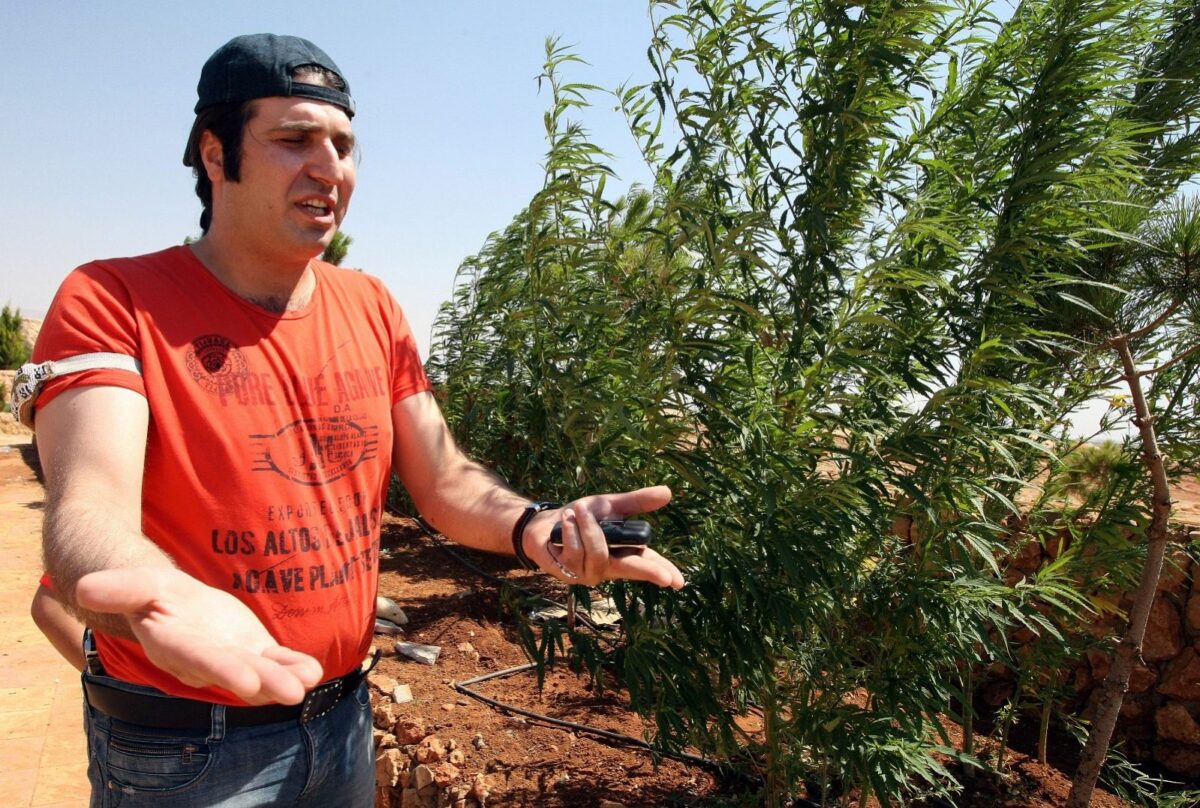
Beirut is increasing pressure on crime networks in the Bekaa, though some analysts say the campaign may also redirect public attention away from broader national security debates.
BAALBEK — Lebanese Army Intelligence arrested wanted fugitive Nouh Zaiter in a major security operation Tuesday, marking one of the most significant detentions in the Bekaa in years, according to initial reports.
Why it matters:
Zaiter — one of Lebanon’s most infamous drug dealers— has long been a symbol of the state’s inability to impose authority in the Baalbek-Hermel region. His arrest comes a day after clashes with wanted men left two soldiers dead and three wounded, intensifying demands for firmer state control.
Driving the news:
Al Jadeed reported that Army Intelligence captured Zaiter in Baalbek, East of Lebanon, before transferring him to the Ministry of Defense.
His lawyer, Ashraf al-Moussawi, told Al Jadeed the fugitive was in “good health” and unharmed.
MTV reported he was detained in a “tight ambush” in al-Kneisseh, Bekaa.
Behind the scenes:
Monday’s raids in Sharawneh — conducted by Army Intelligence with Army support — triggered heavy clashes with wanted individuals, leading to the soldiers’ deaths and prompting swift follow-up operations that culminated in Zaiter’s arrest.
Big picture:
The Lebanese state has noticeably ramped up security operations against organized crime networks in the Bekaa in recent months. Officials frame this as an overdue effort to re-establish state authority in an area long dominated by armed clans, drug traffickers, and fugitive networks.
Between the lines:
Some political observers, however, see a parallel motive:
The timing and intensity of the operations, they argue, allow the state to project an image of “restoring sovereignty” at a moment when it faces growing pressure — domestically and internationally — over its inability to confront the far more consequential question of Hezbollah’s weapons.
In this view, the crackdown on crime is a safer, more convenient arena for the state to demonstrate force, even if it leaves the core sovereignty debate untouched.
What’s next:
Zaiter faces numerous outstanding warrants. His detention will likely be used by authorities as proof of renewed state resolve, but it may also sharpen questions about selective enforcement — and whether the state is choosing to act where it can, rather than where it must.
The bottom line:
Zaiter’s arrest is a rare display of state power in the Bekaa. But for many, it also highlights a larger contradiction: Lebanon is cracking down on fugitives and crime networks while avoiding the far deeper political confrontation over who truly controls arms and security in the country.







